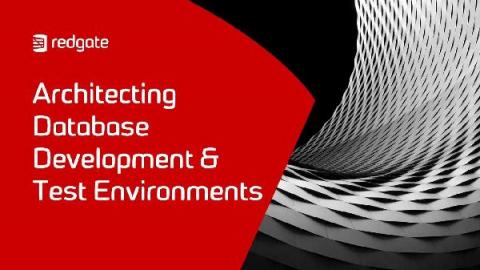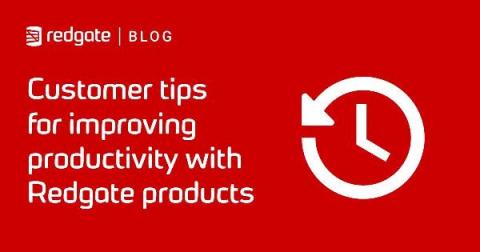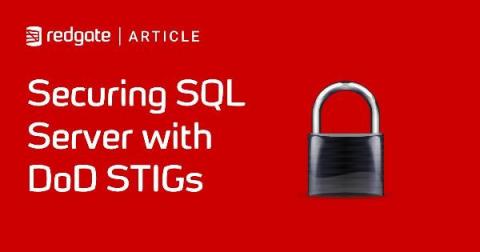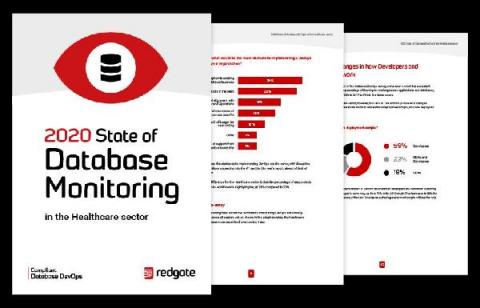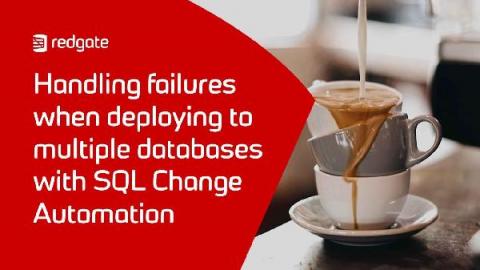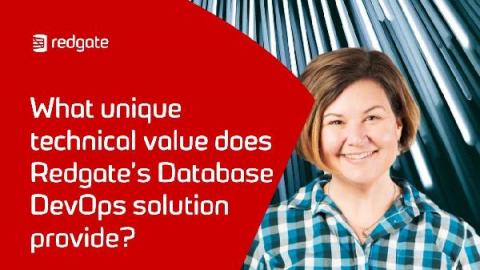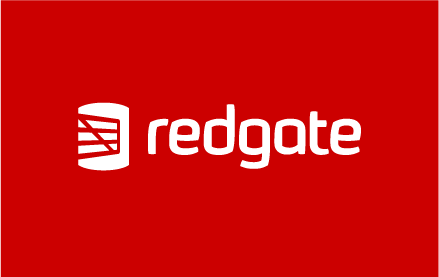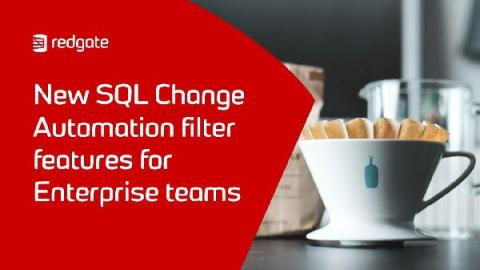Architecting Database Dev and Test Environments: Best Practices and Anti-Patterns for SQL Server
Many organizations use out-of-date architecture patterns for developing relational databases which are a pain to manage, slow developers down, and limit testing and innovation. It’s time to modernize these environments and improve standards for database development. In the years I worked as a consultant specializing in SQL Server administration and tuning, I frequently fielded questions from customers about how to best manage databases in development and test environments.


